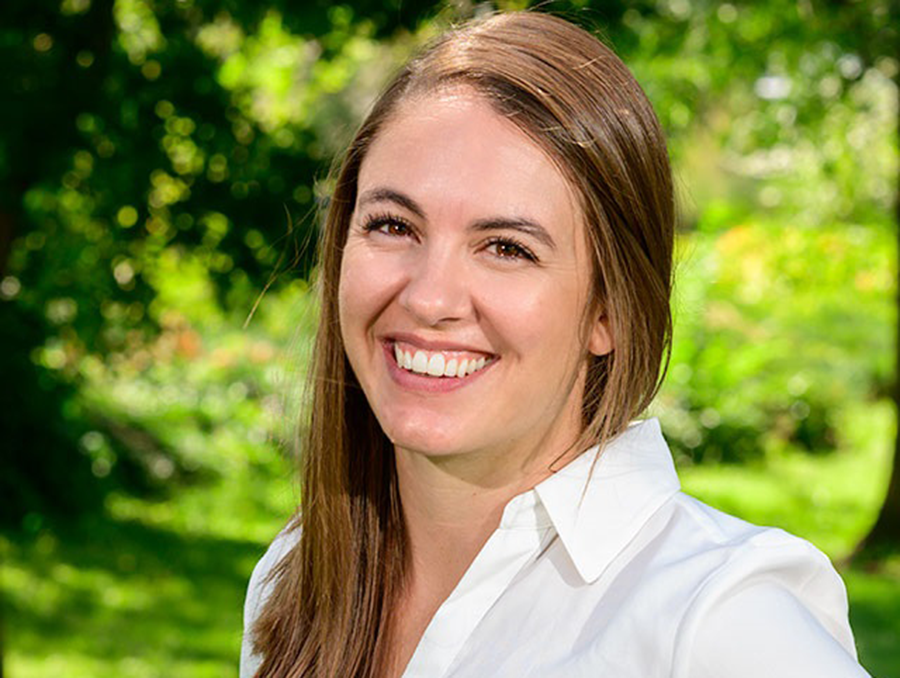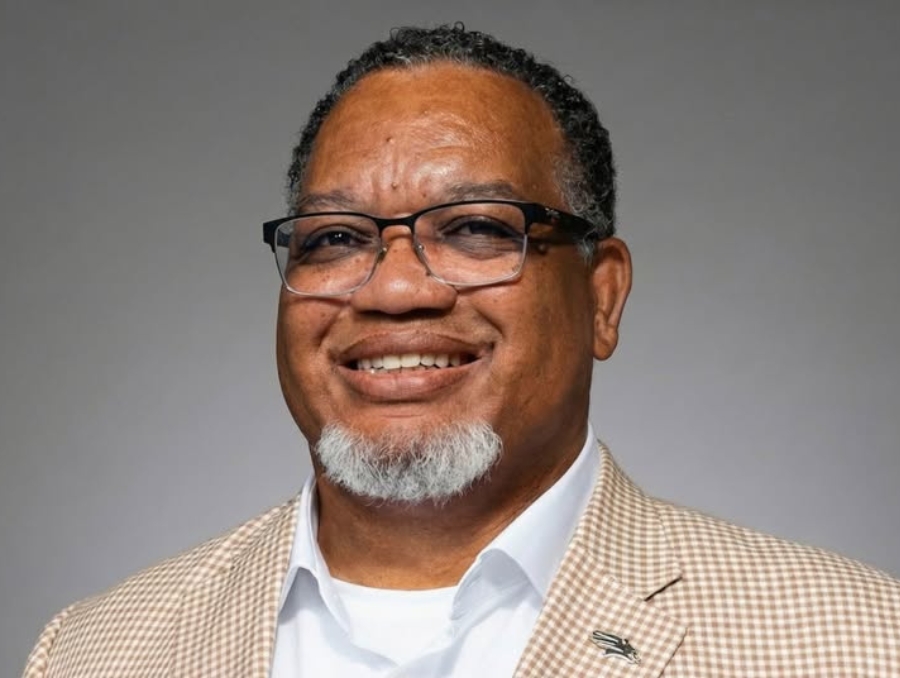The University of Nevada, Reno’s College of Agriculture, Biotechnology & Natural Resources recently welcomed Dr. Hannah Rodriguez as assistant professor to its Department of Agriculture, Veterinary & Rangeland Sciences.
Rodriguez, a graduate of the University’s Animal Science Program, was selected because of her vast experience, which the College hopes to leverage to help grow the Pre-Veterinary Program. She has been a licensed veterinarian of her own practice for over five years and practices on both large and small animals. Students will benefit from not only her academic knowledge, but also the practical aspects of her experience.
“My goals are to try to connect with my students and work on myself as an instructor because this is totally new water for me,” Rodriguez said. “The veterinary profession is really hurting right now, and we are short on veterinarians across the U.S. So, I hope to stimulate a passion for the profession.”
Rodriguez grew up raising pigs, sheep and dairy cattle for her local 4-H and FFA chapters. She loved being able to work with many species and learning about the agriculture industry and what's involved in taking a product from farm to plate. This grew into a passion for helping to keep animals healthy from birth until they are ready for slaughter, ensuring a high-quality product for the public that provides wholesome nutrition.
“We are so excited to have someone with Dr. Rodriguez’s knowledge and expertise join us,” Claus Tittiger, the College’s associate dean of academic affairs, said. “Her position is key to maintaining and growing our B.S. Veterinary Science Program, and she is stepping into her new role admirably.”
The Veterinary Science Program is one of the largest in the College of Agriculture, Biotechnology & Natural Resources in terms of student enrollment. The College is working to involve the program in the University’s dual enrollment program in high schools. In addition, it is adding a new education building with a modern flexible classroom and teaching lab that can accommodate large animals in student training to the Experiment Station’s Main Station Farm located just east of Reno. This will provide more opportunities for program growth, student success and impact.
The Veterinary Science Program is designed as a pre-professional program to prepare graduates for careers in veterinary medicine. Graduates from the program have all the prerequisites required to enter doctor of veterinary medicine programs in most U.S. schools, and abroad. Some graduates do not aim to be veterinarians, and so use their degrees to find employment in other animal health fields, including as veterinary technologists.
Nevada does not have its own veterinary school, but the state has a strong demand for veterinarians, especially to care for large domestic animals in rural areas, which are relatively underserved. This program is an important pipeline to help fill that workforce.
















